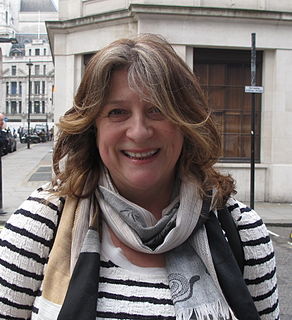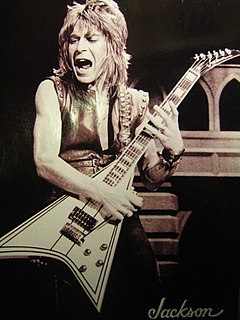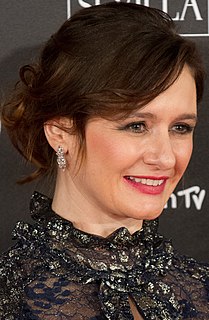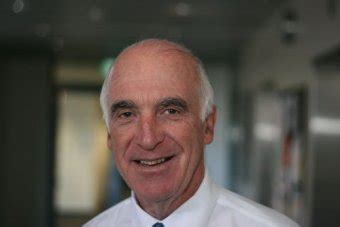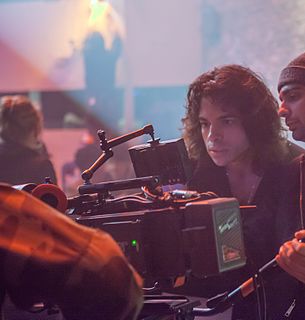A Quote by Caroline Quentin
My mother was quite poorly. She suffered from bipolar disorder, which at that time was called manic depression. She spent a lot of time in psychiatric hospitals, and my father was away a lot with the RAF and then with his job in civil aviation, so I was raised in part by my sisters and my godmother, Sylvia.
Related Quotes
I learned that I suffered from bipolar II disorder, a less serious variant of bipolar I, which was once known as manic depression. The information was naturally frightening; up to 1 in 5 people with bipolar disorder will commit suicide, and rates may even be higher for those suffering from bipolar II.
Manic depression is a type of depression, technically, and it's the opposite of uni-polar. Manic depression is also called bi-polar disorder. Some people don't like to call it that because they think it makes it sound too nice, when the reality is if you have manic-depression you have manic-depression.
Both of my parents are music teachers. My mother owns the school that I taught in. My brothers and sisters are musicans. My mom pushed me all the time. She knew that I could do it. She knew more than I did. She thought I would go somewhere. She gave me the job and helped me get equipment, which a lot of parents don't do. Alot of my students had to go out and fight for it.
I spent a lot of time with a real detective, a lady detective inspector who was the only female detective inspector in the whole of East London. She and I hung out a lot. She showed me what she did and I spent time with her. So, [she was] a lot of the inspiration for the way I dressed and sometimes the dialogue in those interview scenes where we're cross examining and questioning the youths and trying to get a confession out of them.
When I taught writing classes to psychiatric patients, I met people whose stories of manic highs and immobilizing lows appeared to be textbook descriptions of classic bipolar disorder. I met other patients who had been diagnosed with myriad disorders. No doctor seemed to agree about what they actually suffered from.
I'm a - I'm a, um, a godmother which is just, that's fun to be a godmother, she is so precious, she's the light of my life, she's two... or five or something, and she's, uh... I don't know, I've never seen her - the pictures are precious, she just seems so, y'know... She lives clear across town, I don't have that kind of time, but, um... Well, I send money and stuff, it's not like I don't have a connection...
I had gone to - that was my second time going to the mosque. And then at that time we met [with my wife], she was Muslim and - but was at a point where - because her father is an imam and her mother, though, is a convert, but she was basically raised Muslim. And she was at that point where she was deciding or trying to come to terms with her own relationship with Islam and how to embrace that for herself. So I was sort of trying to come walk toward it.
If I were to peruse a survey of label options, as they exist now, they either sound like a time bomb disorder or manic depression or Bipolar divide or mental illness. How can I find an identity in that? It certainly isn't something I can bring up in conversation, without a reaction of judgement or even fear.
My mother hid the struggle from us children. She complained about her salary, and she had a tough time. Although she became a headmistress, she still had to do a lot of sewing. The more I think about her, the more remarkable I realise she was. And she understood straight away when I said that I wanted to write.
